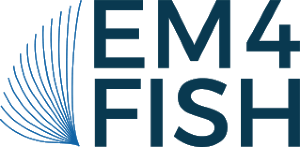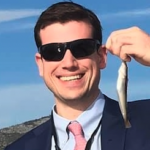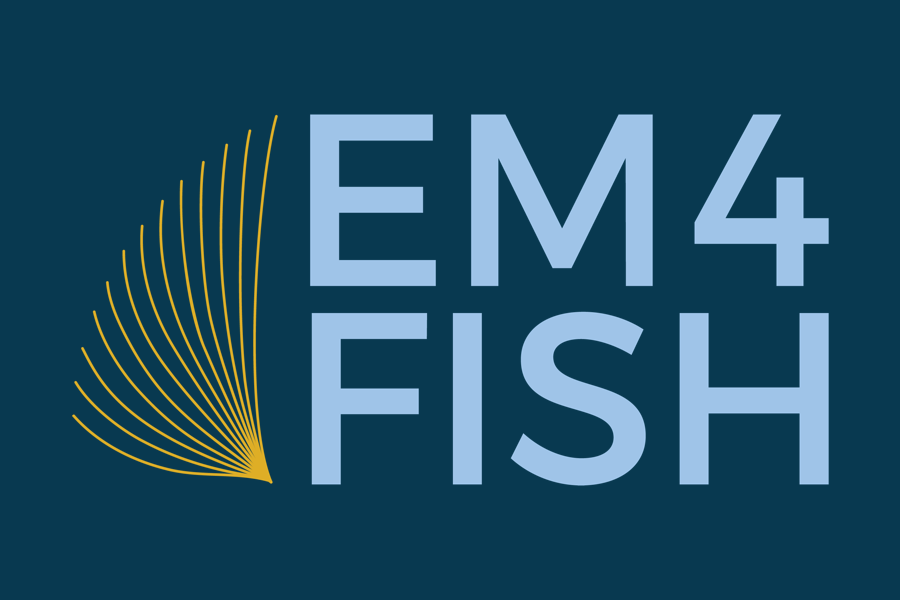As many EM4Fish readers have likely seen, the National Fish and Wildlife Foundation’s (NFWF) Electronic Monitoring and Reporting (EMR) Grant Program Request for Proposals is currently live, with applications due on October 16, 2023 by 11:59pm Eastern time. Since its inception in 2015, NFWF’s EMR Grant Program has been a major catalyst for the continued evolution of electronic technologies (ET) as they pertain to fisheries management, awarding 95 projects for a total of nearly $30 million (and leveraging matching contributions of over $40 million).
As a Field Liaison for this year’s EMR Grant application cycle, my goal is to help spread awareness of the opportunity in communities who may not know about NFWF’s EMR program, identify prospective applicants, brainstorm project ideas, and serve as a resource when developing application materials.
For this year’s grant cycle, NFWF anticipates awarding up to $3.8 million to support ET projects in U.S. fisheries. Projects can be focused on 1) the development and/or expansion of electronic technologies for data collection, or 2) modernizing data management systems to improve the usability of electronically collected information. Applicants are encouraged to review NOAA Fisheries’ Regional ET Implementation Plans to get a sense of the most pressing needs in their region. Additional details on the grant opportunity can be found at the RFP link above, while a brief one-page summary can be found here.
New for this year, NFWF is making a dedicated effort to broaden the EMR grant program’s reach, and generally, to lower the barrier to submitting applications, especially given that EMR projects are frequently fishermen-driven in nature, with prospective applicants who may be less familiar with the nuances of proposal-writing, Readers who have applied in past EMR grant-making cycles can attest to the fact that the application process can be challenging, between the project narrative, identification of partners, understanding the budget and matching contributions (this NFWF opportunity requires a 1:1 match), and coordinating letters of support, among others (NFWF does have an Proposal Tip Sheet available on its website).
I encourage any individuals or groups that are interested in learning about this opportunity to contact me via email (wgoldsmith@pelagicstrategies.com) or phone (617-763-3340) to get the conversation started. For others who are more seasoned when it comes to NFWF grants, I am of course also available to talk through any elements of the application process in which I can be helpful. Lastly, even if you don’t need assistance with a proposal or are not planning to apply for this round of support, I ask you to please circulate this message among members of your network in order to cast as wide a net as possible and inject some new ideas into the ET conversation.


